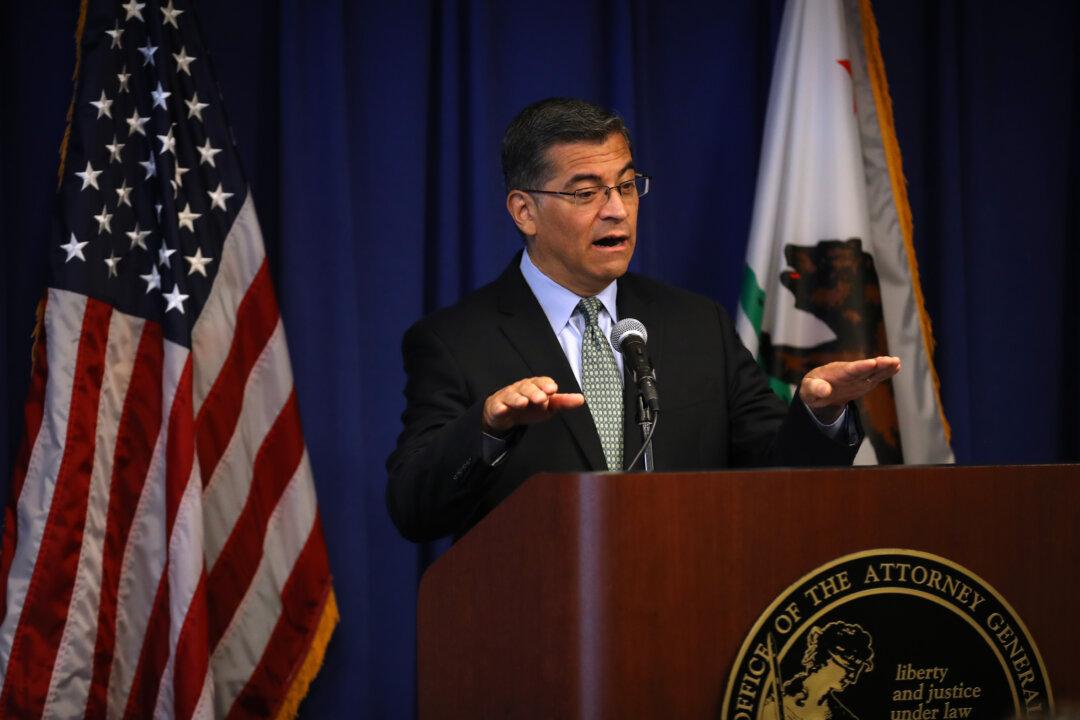Freelance journalists filed suit this week against California in federal court in hopes of striking down an unusually restrictive and possibly unconstitutional state employment law that outlaws independent contracting with very narrow exceptions.
Layoffs blamed on the law, known as AB5, which was pushed by organized labor to crack down on the hard-to-unionize so-called gig economy represented by companies such as Uber and Lyft, have already been announced at media outlets across the United States.





